Frederica Freyberg:
In a briefing Wednesday with the governor, DHS Secretary-designee Karen Timberlake said more than 270 hospitals and long-term care facilities have requested staffing help from the state. A bipartisan bill is looking to address staffing needs by allowing veterans with medical backgrounds to temporarily perform certain duties in a healthcare setting without first obtaining a license. De Pere Republican Senator Andr Jacque coauthored the bill and he joins me now. Thank you for being here.
Andr Jacque:
Thank you for having me on the program.
Frederica Freyberg:
The first thing I want to ask is how you’re feeling after your own very serious bout with COVID?
Andr Jacque:
Oh, feeling great. Feeling great. Great to be working on legislation and it’s been a very productive legislative season. And of course the magic of the Christmas season.
Frederica Freyberg:
There is that as well. You have first-hand experience with just how much care and staffing someone ventilated and who is critically ill takes. Did that factor in at all to this legislature that you’ve introduced to get military medical personnel into the hospitals to ease the crush?
Andr Jacque:
We’ve been working on this legislation going back to before the session started. For over a year now, we’ve been participating with stakeholders and certainly you look at the workforce challenges and I serve on the council of workforce investment, but we have serious challenges throughout our economy in terms of workers leaving the workforce quicker than they are entering it. This is certainly something I have worked on over the long term. Certainly worked very closely with veteran groups for a long time. As former legislator of the year for both the VFW and American Legion, I was pleased to work with those groups that are very much in support of this legislation, but certainly when you look at healthcare needs, that certainly is nothing new. And this is, this is certainly something I think is an innovative program. Certainly is going to help with a critical need.
Frederica Freyberg:
So the legislation would allow these military medics to treat people under supervision without a license. Who would ascertain their skills and ability?
Andr Jacque:
Well, you would basically have to have a memorandum of understanding that is provided both to the employer as well as there is oversight by the appropriate examining board. There has to be really working towards a credential. So we have the support of the post-secondary institutions that have already registered in support of the bill. They’ve been part of it really throughout. But this is something that you know we work within the existing structure. We’ve talked to the professionals as well as the systems like the Hospital Association, Primary Healthcare Association, Rural Wisconsin Health Cooperative. So we’re certainly working with individuals that already have a valuable skill set that are able to do certain procedures that many times through military medics and corpsman training have over a year and a half worth of nursing school they’ve already had an equivalency. This is something — I think we’re clearly working within their level of expertise. We’re not talking about surgery or prescribing drugs that sort of thing.
Frederica Freyberg:
As you say the bill would allow for eventual licensure with the help from employing hospitals, but why not license them right out of the gates?
Andr Jacque:
Well we don’t currently have credentials that might speak to specifically where an individual is at in terms of their skill level. And certainly just to go back for a second, one of the focuses we really have had is how do we get more of our military men and women to come back to Wisconsin? We have an issue in Wisconsin where individuals were entering the service and they weren’t coming back. Per capita we were behind. One of the things I’m most proud of from this most recent budget, basically eliminating the tax on active duty military pay which many times forced our military men and women to switch their residency out of state as soon as they were deployed or went out for training. And so this is an opportunity to basically say, you have a skill set, a work ethic and we want to keep you in the healthcare profession. We have those opportunities to, you know, shortly after you end your time in the service being able to continue serving here on civilian basis.
Frederica Freyberg:
How many medics could this legislation provide to Wisconsin? Any estimates on that?
Andr Jacque:
If you look at Virginia, which is still a fairly recent program, they’ve had over 350. I’m sure they are probably pushing over 400. I know that the kind of low side estimate were somewhere in the round of 50 to 60 plus within the first year. So it certainly I think is still substantial and I certainly think that it can be you know much higher than that depending on, you know again, we have things like outreach historically that we’ve done on military bases that we’ve stepped back from a little bit as a state. Hopefully we’re going to get back into that. I know there is legislative proposals to that effect.
Frederica Freyberg:
Thank you for your information on this. We are glad you are feeling well Senator Andr Jacque. Thanks.
Andr Jacque:
Thank you.
Search Episodes

Donate to sign up. Activate and sign in to Passport. It's that easy to help PBS Wisconsin serve your community through media that educates, inspires, and entertains.
Make your membership gift today
Only for new users: Activate Passport using your code or email address
Already a member?
Look up my account
Need some help? Go to FAQ or visit PBS Passport Help
Need help accessing PBS Wisconsin anywhere?

Online Access | Platform & Device Access | Cable or Satellite Access | Over-The-Air Access
Visit Access Guide
Need help accessing PBS Wisconsin anywhere?

Visit Our
Live TV Access Guide
Online AccessPlatform & Device Access
Cable or Satellite Access
Over-The-Air Access
Visit Access Guide
 Passport
Passport





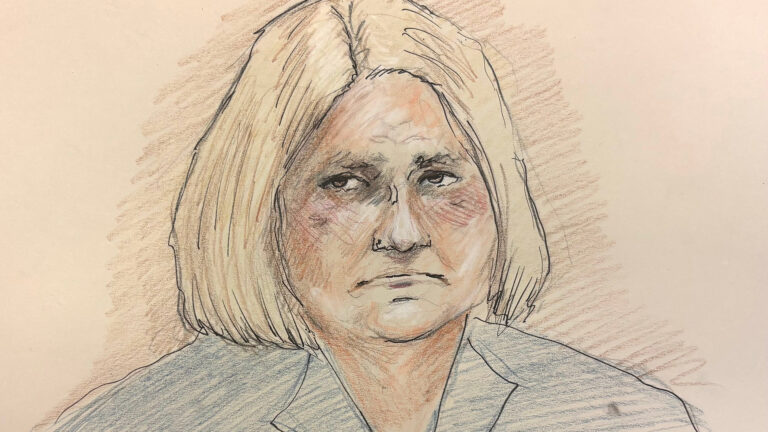
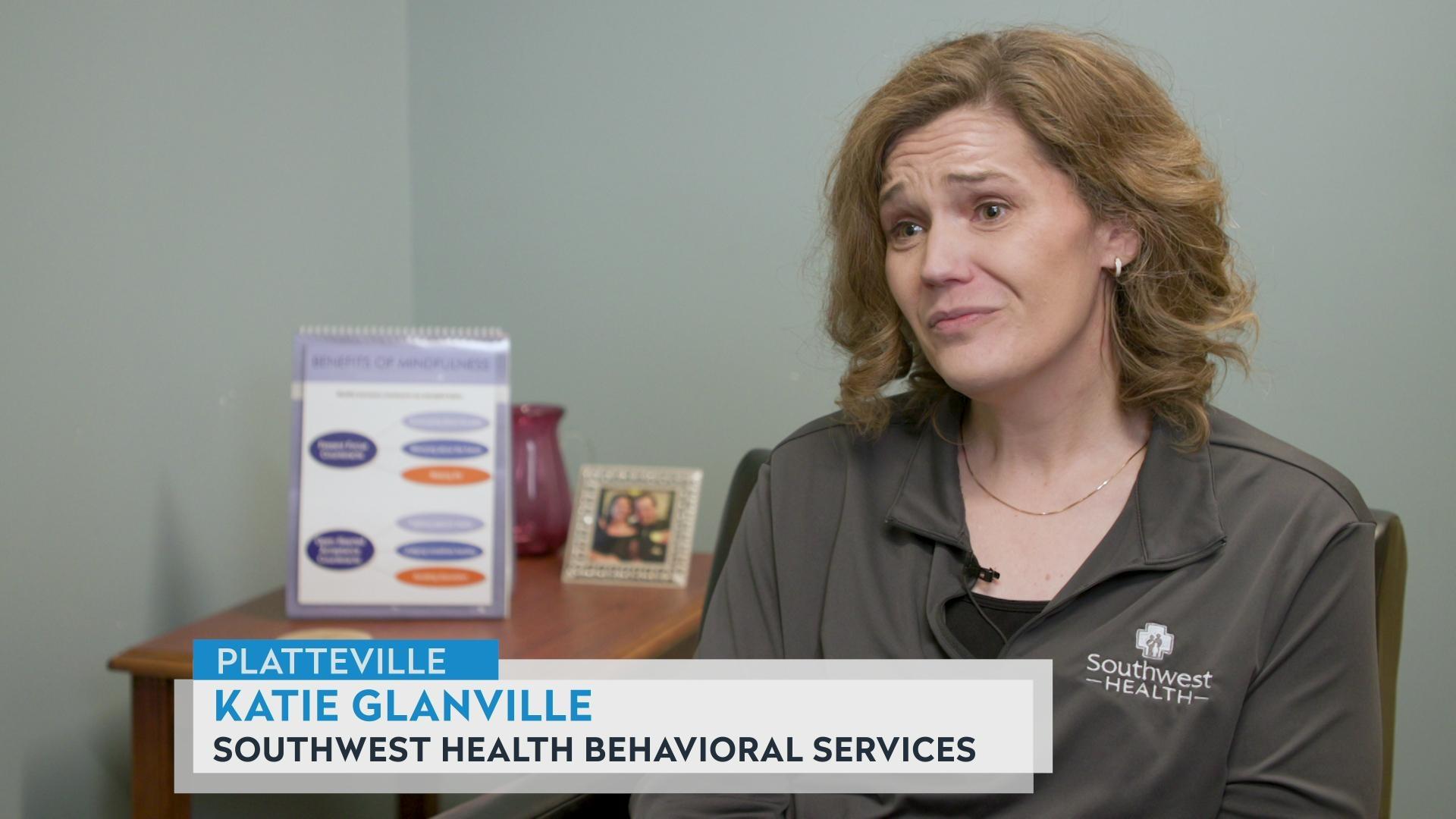






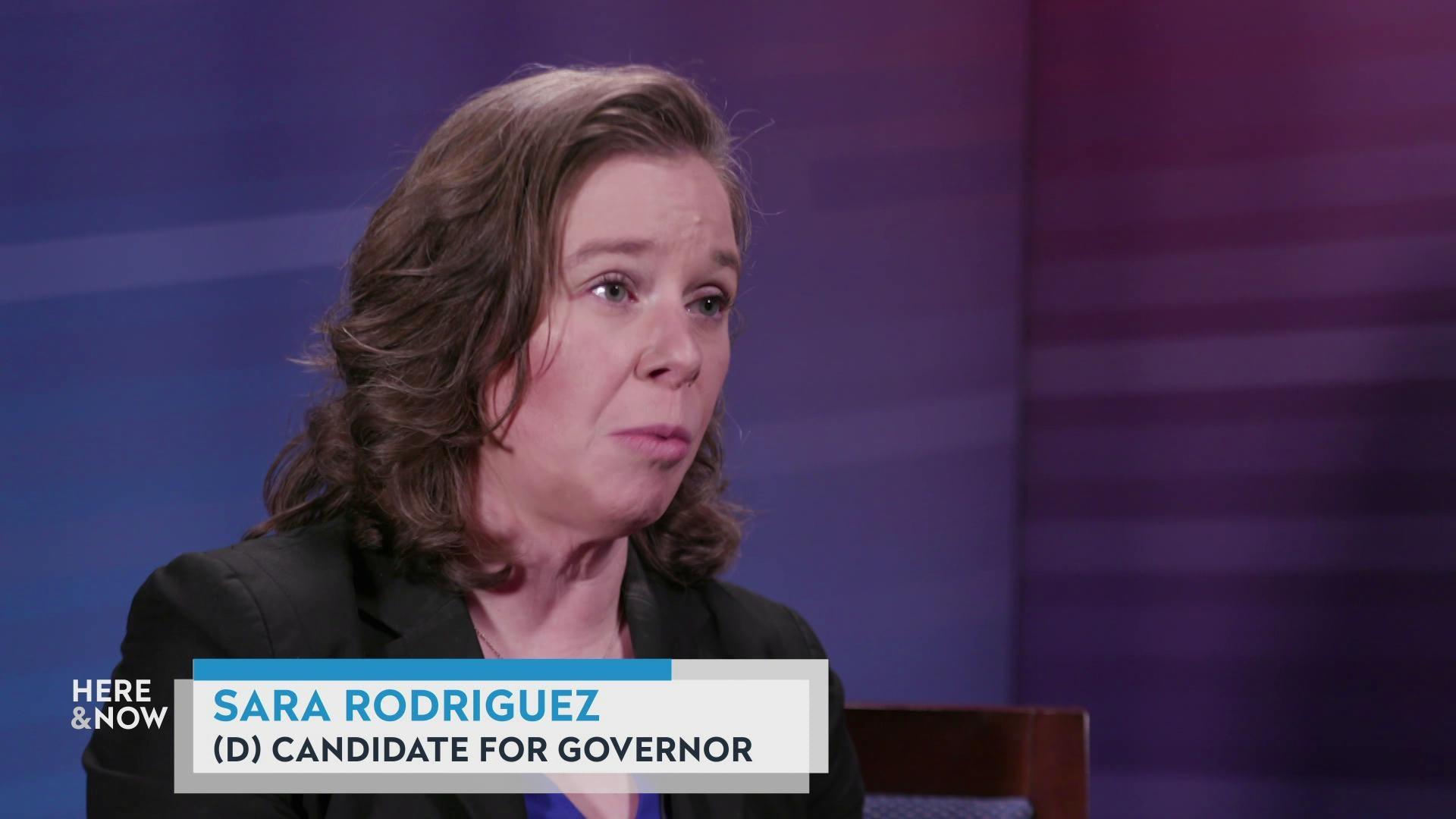
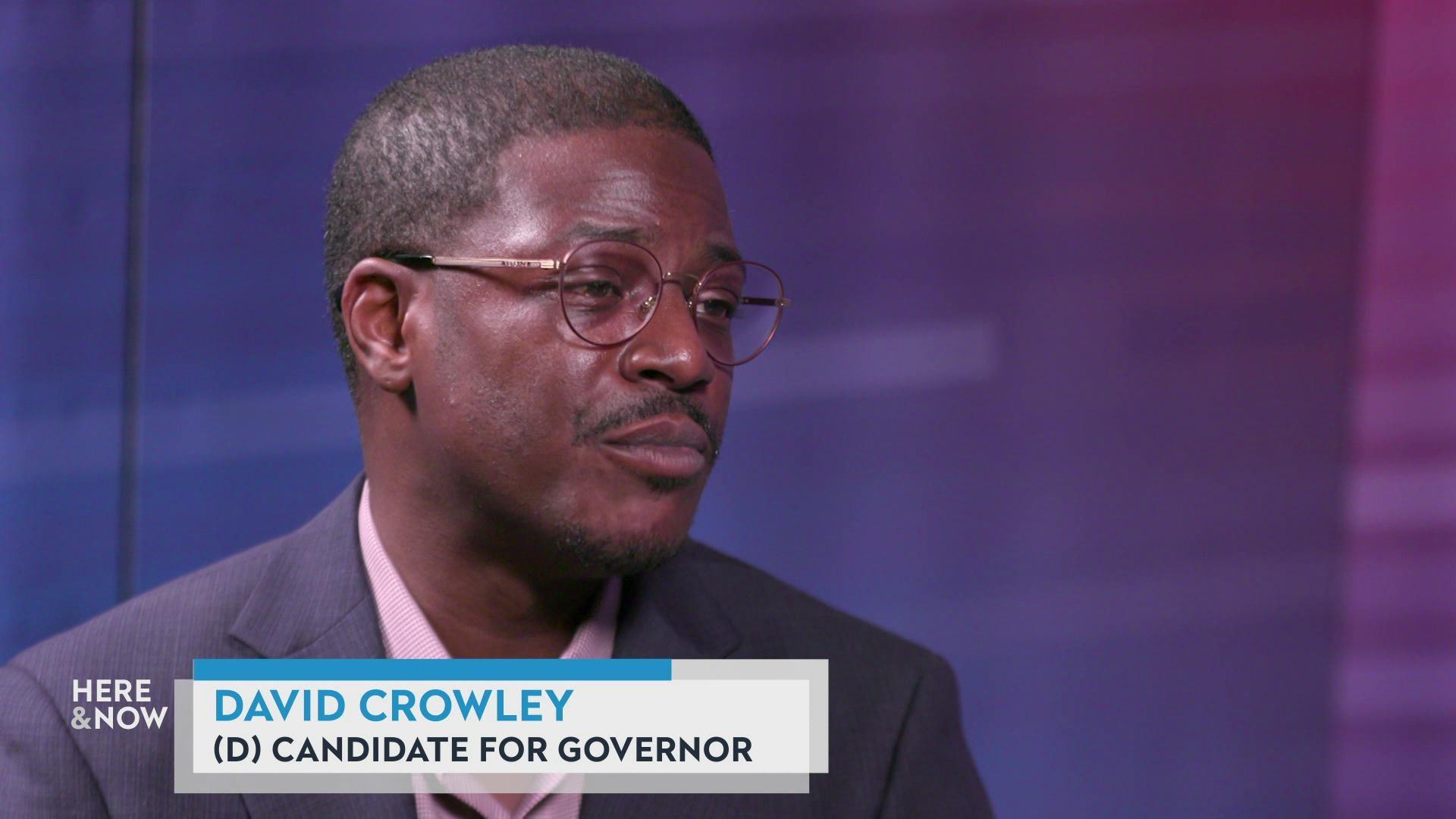
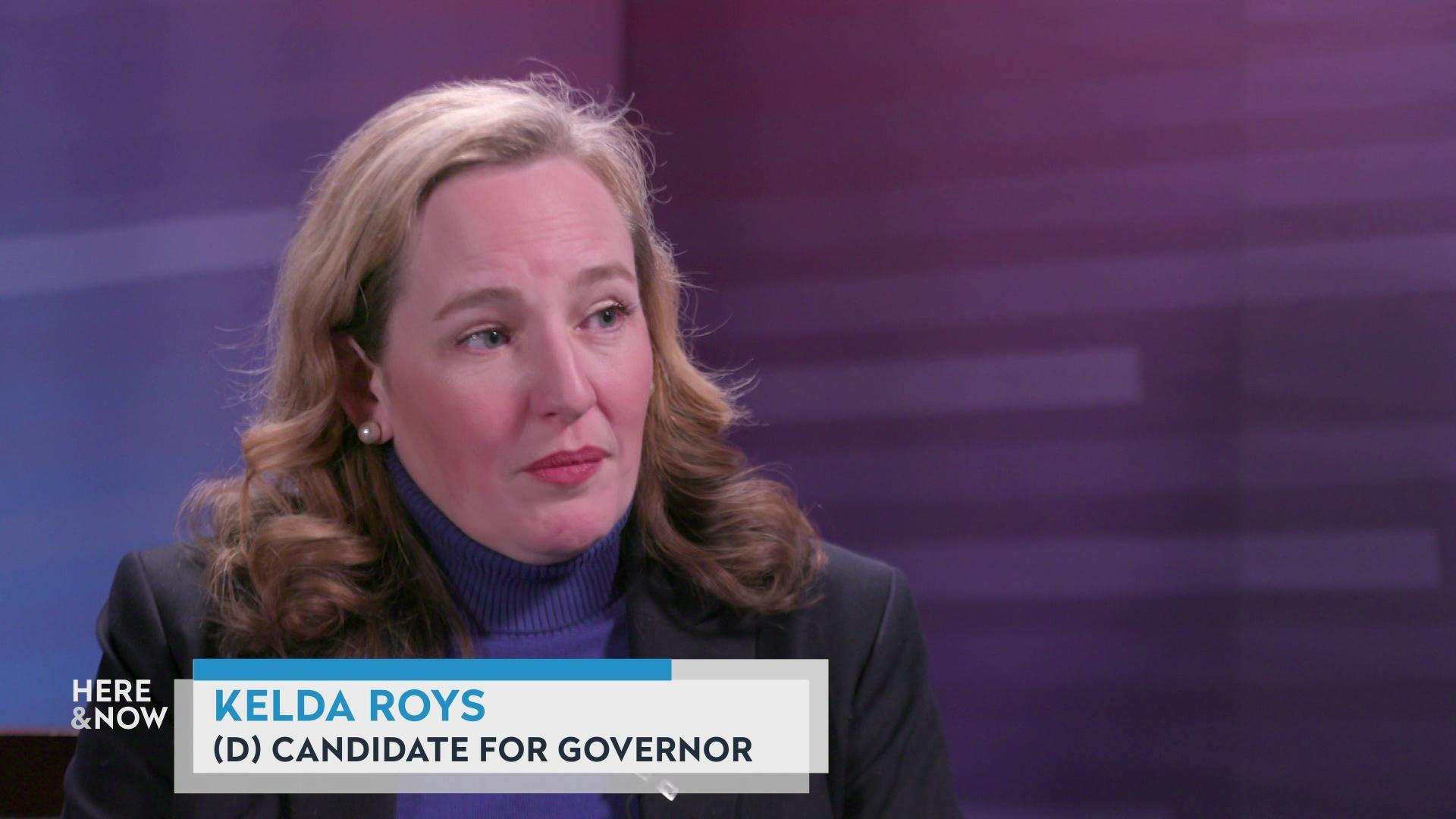


Follow Us